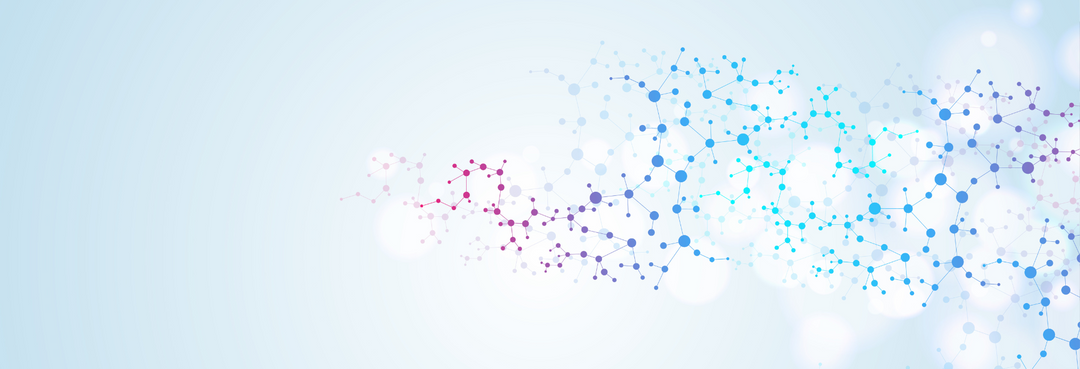We are constantly surrounded by pollutants and toxins.
While we have amazing bodies that can eliminate these chemicals, sometimes we need a little help.
Not eating well or being exposed to too many chemicals, toxins can build up and can lead to a variety of symptoms like constipation, diarrhea, skin issues, or joint pain, to list a few examples.
The idea behind detoxing is to reduce the toxic burden in the body and give the liver its best chance at doing its job.
It would be nice if our liver and kidneys could cleanse our bodies of toxins on command. Spoiler alert…they can’t.
They do however, work very hard to release those toxins through urine and sweat - they just can’t eliminate them at the same rate as we take in new ones every day!
When we eat an unhealthy diet; have more stress in our lives than usual; or use chemically loaded skin/hair/bath products (or all the above); even more toxins get stored in our fat cells along with extra water weight.
That's why sometimes people notice their stomach gets bloated after eating lots of junk food or drinking alcohol—the body has temporarily stored these substances around the waistline instead of eliminating them immediately through sweat or urine.
Our bodies are constantly cleansing and eliminating toxins
Our bodies have built-in systems to cleanse and detoxify, but they need the right nutrients to do so. The body has its own unique ways of cleansing.
Think of the respiratory system. Our lungs breathe air without us giving instructions.
As we go about our day-to-day lives, our internal systems are working on processing toxins that we encounter in our environment and food without any instructions either.
The liver, kidneys, intestines, and skin are the main organs of elimination. When you eat something that your body doesn't recognize as safe or beneficial (or if there's too much of it), these organs work together to remove it from your system through digestion or excretion via sweat or urine.
We all have different rates of detoxification due to genetic differences.
Some people need more help than others at breaking down environmental toxins like pesticides in their produce or pollutants in their air supply. Other people may struggle with eliminating excess water weight due to poor hydration levels!
Toxins can enter your body in many ways—through air pollution or cigarette smoke; by swallowing contaminated water; and through dietary sources like sugar and processed foods (these are often referred to as “junk food”). Other examples of toxins include:
- Heavy metals, such as lead and mercury
- Pesticides on produce
- Mold in homes or workplaces
- Bacteria that live on our skin
When toxins build up faster than they can be eliminated through normal bodily processes like sweating it out at a workout session, then toxic overload occurs.
This can lead us into icky territory such as acne breakouts (hello hormones), digestive issues (beware alcohol) and even cancer risk factors caused by hormone disruptors found everywhere. (Which is a topic for a different day!)
Give the liver its best chance at doing its job by eating well and removing pollutants from your environment as much as possible
Our liver is an amazing organ that performs more than 500 functions in our bodies. It filters blood; breaks down nutrients; and removes toxins from our body.
As we age or are exposed to environmental toxins (e.g., pesticides), our liver can become overworked and clogged with toxicity.
This can lead to serious health issues! That's why it's important for us to detox (at least) yearly, eat healthy foods rich in antioxidants as well as monitor the alcohol consumption - especially when going through a detox phase where you want everything clean inside out!
Antioxidants help protect against cellular damage caused by free radicals. Free radicals are unstable atoms that can damage cells and cause illness and accelerate aging.
A healthy diet is essential for optimal detoxification.
- Eat plenty of fresh fruits and vegetables.
- Eat more fiber.
- Avoid processed foods, including artificial sweeteners, refined carbohydrates (including sugar), trans fats, and fried foods.
- Limit alcohol and caffeine.
- Drink plenty of water! This is an important part of the detox process because it helps your body to flush out toxins more quickly by making you urinate frequently, which also aids in weight loss by removing excess water from your cells' tissues.
Whether your skin has become dry and itchy, your eyes are red and irritated, your joints feel sore and stiff, or you have digestive issues like constipation or diarrhea, these are all signs that your body is trying to eliminate toxins through internal pathways and your body is looking for the best possible route.





